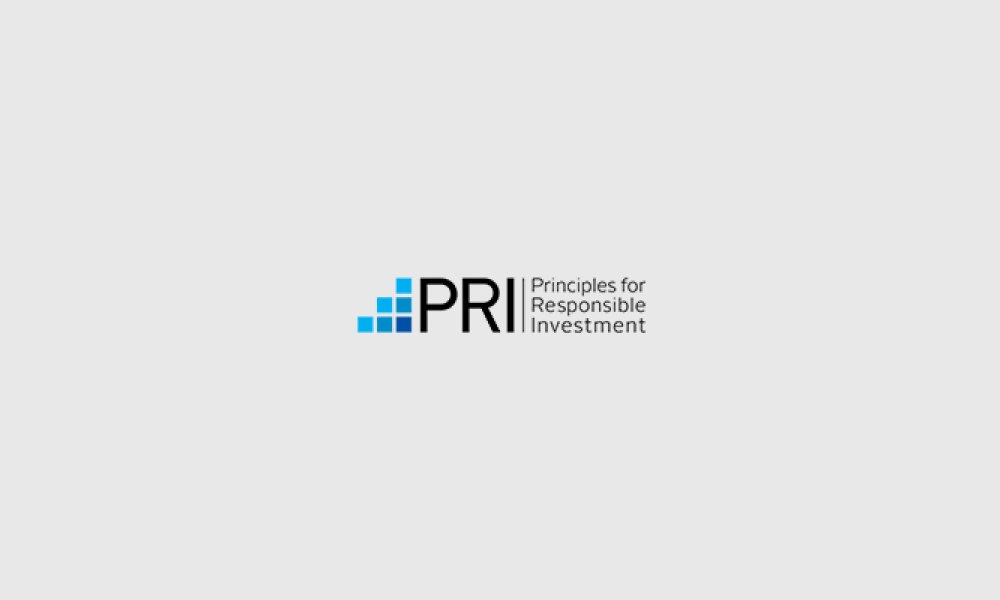New reporting framework
In 2021, the PRI introduced a new reporting framework, which means that signatory assessment scores are not comparable to earlier years. Signatories that choose to publish PRI's Assessment Report must also disclose their full Transparency Report to the PRI, which the assessment is based on. These two reports should be read in conjunction, as the Assessment Report only lists score per module and indicator, whereas the Transparency Reports provides full disclosure of the basis for PRI's assessment.
Download reports
Summary of scores
The following are Storebrand Asset Management's scores for each of the 12 modules we were assessed on, compared to the median score for all PRI signatory respondents to the same module (in parentheses):
Investment and Stewardship Policy: 87% (60%)
Direct – Listed equity – Active quantitative – incorporation: 100% (65%)
Direct – Listed equity – Active fundamental – incorporation: 100% (71%)
Direct – Listed equity – Passive – incorporation: 90 (35%)
Direct – Listed equity – Active quantitative – voting: 84% (61%)
Direct – Listed equity – Active fundamental – voting: 84% (54%)
Direct – Listed equity – Passive – voting: 84% (57%)
Direct – Fixed income – SSA: 86% (50%)
Direct – Fixed income – Corporate: 82% (62%)
Direct – Real estate: 98% (69%)
Indirect – Listed equity – Active: 100% (67%)
Indirect – Private equity: 100% (63%)
Gap analysis: Potential areas of improvement
The purpose of the PRI assessment is to enable learning and improvement. To identify potential areas of improvement, we have identified the indicators where we received less than a perfect score and the reason for the score given, in the following document:




